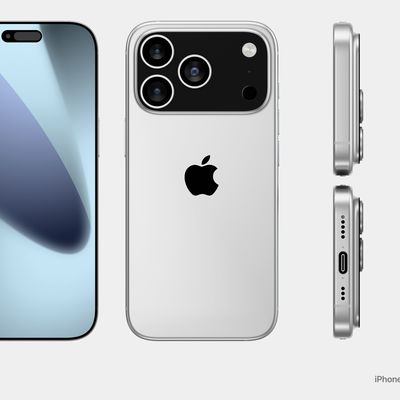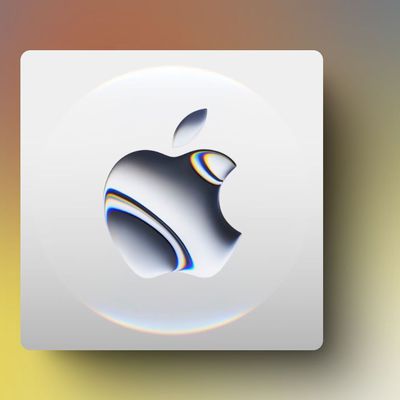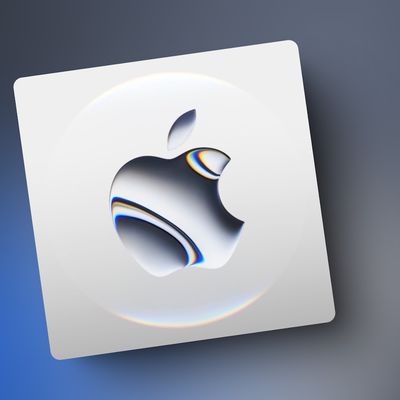Oracle Updates Java 7 to Address Security Vulnerability
 On Friday, we noted that Apple had taken the rare step of using its anti-malware tools in OS X to disable existing installations of the Java 7 browser plug-in due to a major security vulnerability that was being actively exploited in the wild. Apple's anti-malware system is capable of enforcing minimum version numbers for plug-ins such as Java and Flash, and Apple simply updated its blacklist information to require that machines be running a higher version of the Java 7 plug-in than was publicly available.
On Friday, we noted that Apple had taken the rare step of using its anti-malware tools in OS X to disable existing installations of the Java 7 browser plug-in due to a major security vulnerability that was being actively exploited in the wild. Apple's anti-malware system is capable of enforcing minimum version numbers for plug-ins such as Java and Flash, and Apple simply updated its blacklist information to require that machines be running a higher version of the Java 7 plug-in than was publicly available.
Oracle has now released Java 7 Update 11, and the release notes indicate that it does indeed address the vulnerability. The new release registers with a version string of 1.7.0_11-b21, satisfying Apple's requirement for a minimum version number of 1.7.0_10-b19.
In addition to the fix for the vulnerability, Java 7 Update 11 also sees a change in the default security level setting from "Medium" to "High". Under the new setting, users will be warned before the Java plug-in runs any unsigned application.
The default security level for Java applets and web start applications has been increased from "Medium" to "High". This affects the conditions under which unsigned (sandboxed) Java web applications can run. Previously, as long as you had the latest secure Java release installed applets and web start applications would continue to run as always. With the "High" setting the user is always warned before any unsigned application is run to prevent silent exploitation.
Popular Stories
Apple today introduced the iPhone 16e, its newest entry-level smartphone. The device succeeds the third-generation iPhone SE, which has now been discontinued.
The iPhone 16e features a larger 6.1-inch OLED display, up from a 4.7-inch LCD on the iPhone SE. The display has a notch for Face ID, and this means that Apple no longer sells any iPhones with a Touch ID fingerprint button, marking the ...
Over the years, Apple has switched from an aluminum frame to a stainless steel frame to a titanium frame for its highest-end iPhones. And now, it has been rumored that Apple will go back to using aluminum for three out of four iPhone 17 models.
In an investor note with research firm GF Securities, obtained by MacRumors this week, Apple supply chain analyst Jeff Pu said the iPhone 17, iPhone...
Now that Apple has announced its new more affordable iPhone 16e, our thoughts turn to what else we are expecting from the company this spring.
There are three product categories that we are definitely expecting to get upgraded before spring has ended. Keep reading to learn what they are. If we're lucky, Apple might make a surprise announcement about a completely new product category.
M4...
Apple is set to "significantly change" the iPhone's design language later this year, according to a Weibo leaker.
In a new post, the user known "Digital Chat Station" said that the iPhone's design is "starting to change significantly" this year. The "iPhone 17 Air" reportedly features a "horizontal, bar-shaped" design on the rear, likely referring to an elongated camera bump. On the other...
In a social media post today, Apple CEO Tim Cook teased an upcoming "launch" of some kind scheduled for Wednesday, February 19.
"Get ready to meet the newest member of the family," he said, with an #AppleLaunch hashtag.
The post includes a short video with an animated Apple logo inside a circle.
Cook did not provide an exact time for the launch, or share any other specific details, so...
Wednesday February 19, 2025 11:38 am PST by
Juli CloverFollowing the launch of the iPhone 16e, Apple updated its iOS 18, iPadOS 18, and macOS Sequoia pages to give a narrower timeline on when the next updates are set to launch.
All three pages now state that new Apple Intelligence features and languages will launch in early April, an update from the more broader April timeframe that Apple provided before. The next major point updates will be iOS ...
The first iOS 18.4 beta for iPhones should be just around the corner, and the update is expected to include many new features and changes.
Bloomberg's Mark Gurman expects the iOS 18.4 beta to be released by next week.
Below, we outline what to expect from iOS 18.4 so far.
Apple Intelligence for Siri
Siri is expected to get several enhancements powered by Apple Intelligence on iOS...
Apple released the HomePod mini in November 2020, followed by the AirTag in May 2021, and both still remain first-generation products.
Fortunately, rumors suggest that both the HomePod mini and the AirTag will finally be updated at some point this year.
Below, we recap rumors about the HomePod mini 2 and AirTag 2.
HomePod mini 2
In January 2025, Bloomberg's Mark Gurman said Apple is ...
 On Friday, we noted that Apple had taken the rare step of using its anti-malware tools in OS X to disable existing installations of the Java 7 browser plug-in due to a major security vulnerability that was being actively exploited in the wild. Apple's anti-malware system is capable of enforcing minimum version numbers for plug-ins such as Java and Flash, and Apple simply updated its blacklist information to require that machines be running a higher version of the Java 7 plug-in than was publicly available.
On Friday, we noted that Apple had taken the rare step of using its anti-malware tools in OS X to disable existing installations of the Java 7 browser plug-in due to a major security vulnerability that was being actively exploited in the wild. Apple's anti-malware system is capable of enforcing minimum version numbers for plug-ins such as Java and Flash, and Apple simply updated its blacklist information to require that machines be running a higher version of the Java 7 plug-in than was publicly available.




















